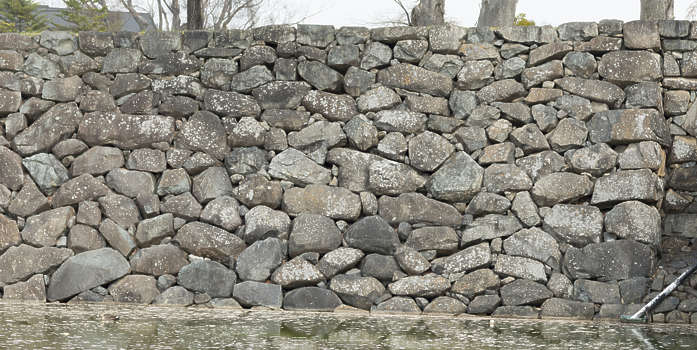Waterproofing is a crucial aspect of construction, ensuring the longevity and durability of structures. The choice of cement mix plays a pivotal role in achieving effective waterproofing. In this article, we will delve into the intricacies of cement mixes and explore the best options for achieving optimal waterproofing results.
- Understanding the Importance of Waterproofing:
Before delving into the best cement mix for waterproofing, it is essential to comprehend the significance of this process. Waterproofing safeguards structures against moisture intrusion, preventing damage caused by water seepage, mold growth, and structural deterioration. - Factors Influencing Cement Mix Selection:
Several factors influence the selection of the best cement mix for waterproofing. These include the type of structure, environmental conditions, water pressure, and the presence of chemicals or contaminants. Each factor must be carefully considered to determine the most suitable cement mix. - Portland Cement: The Foundation of Waterproofing:
Portland cement is the most commonly used cement in construction and forms the foundation for effective waterproofing. Its unique composition, comprising calcium, silicon, aluminum, iron, and other elements, provides excellent binding properties and durability. - Enhancing Waterproofing with Additives:
To optimize the waterproofing capabilities of cement, various additives can be incorporated into the mix. These additives include plasticizers, water repellents, and waterproofing admixtures. Plasticizers improve workability, while water repellents create a hydrophobic barrier. Waterproofing admixtures enhance the overall waterproofing performance of the cement mix. - The Role of Pozzolanic Materials:
Pozzolanic materials, such as fly ash and silica fume, can significantly enhance the waterproofing properties of cement mixes. These materials react with calcium hydroxide to form additional cementitious compounds, reducing permeability and increasing resistance to water penetration. - Blended Cement: A Game-Changer for Waterproofing:
Blended cement, a combination of Portland cement and supplementary cementitious materials like fly ash or slag, offers superior waterproofing characteristics. The addition of these materials enhances the cement's resistance to water ingress, making it an ideal choice for waterproofing applications. - Fiber Reinforcement for Enhanced Durability:
Incorporating fibers, such as polypropylene or glass, into the cement mix can further improve its waterproofing capabilities. These fibers create a three-dimensional network within the cement, enhancing its tensile strength, crack resistance, and overall durability.
Conclusion:
Selecting the best cement mix for waterproofing is a critical decision that directly impacts the longevity and performance of structures. By understanding the importance of waterproofing, considering various factors, and incorporating additives, pozzolanic materials, and fiber reinforcement, one can achieve optimal waterproofing results. Blended cement, enriched with supplementary cementitious materials, emerges as a game-changer in the quest for effective waterproofing solutions.


